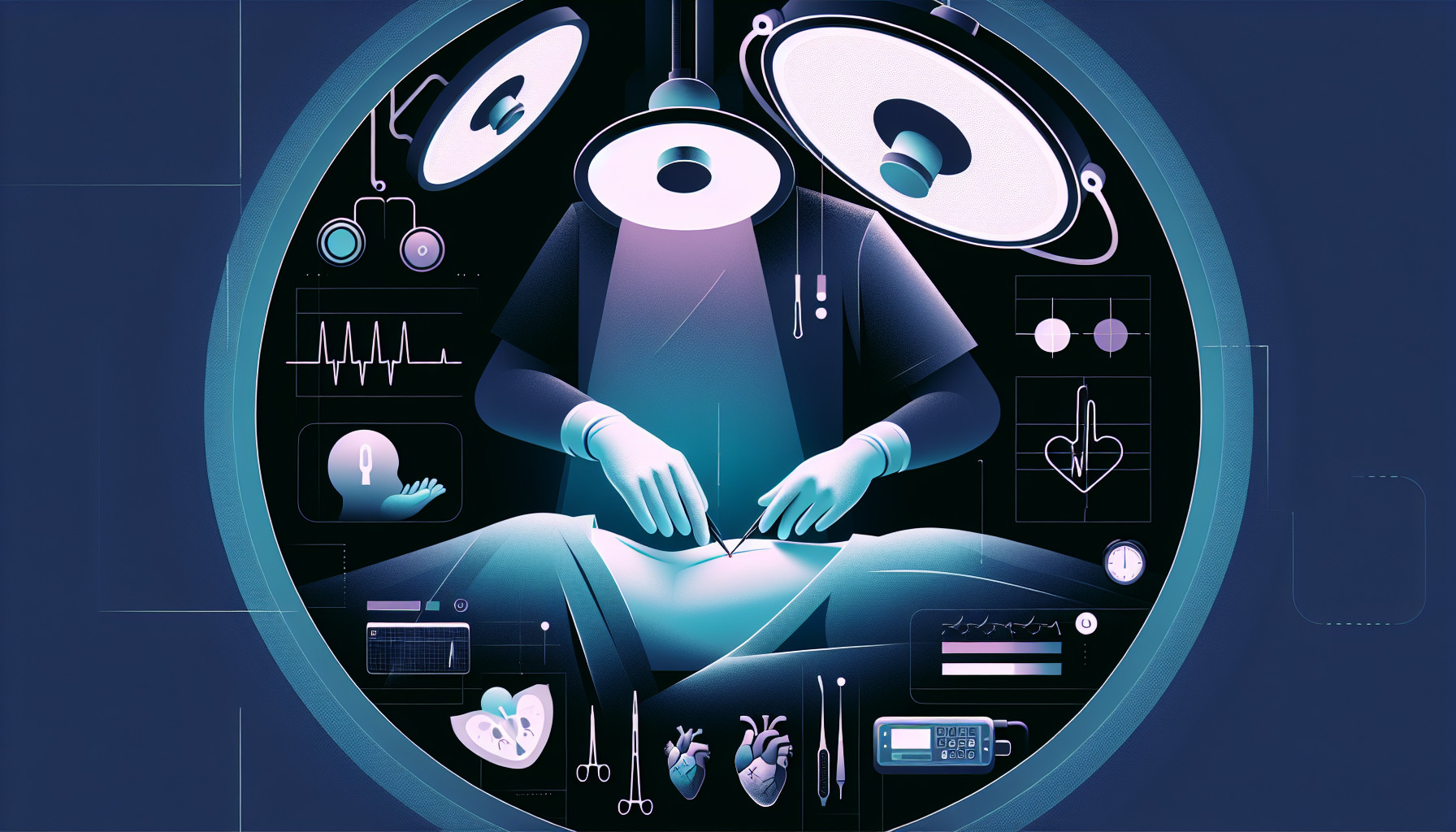Our Summary
This research paper explores how a combination of music therapy and aerobic exercise can help improve the sleep quality of breast cancer patients who have had a radical mastectomy and are undergoing chemotherapy.
The study took place at a hospital in Shaanxi Province, China, from July 2017 to June 2019. 110 female patients were divided into two groups - one group received the combined therapy of music and exercise, while the other group only received the standard care.
The researchers used a specific tool, the Pittsburgh Sleep Quality Index (PSQI), to measure the quality of patients’ sleep. The patients who received the combined therapy showed a significant improvement in their sleep quality compared to those who only received standard care.
In conclusion, the study suggests that the use of music therapy and aerobic exercise can greatly enhance the sleep quality of breast cancer patients undergoing chemotherapy after a radical mastectomy.
FAQs
- What therapies were combined in the research study to improve the sleep quality of breast cancer patients?
- How was the sleep quality of the patients who participated in the research study measured?
- Did the combination of music therapy and aerobic exercise prove effective in improving the sleep quality of breast cancer patients undergoing chemotherapy after a radical mastectomy?
Doctor’s Tip
As a doctor, I would recommend incorporating music therapy and aerobic exercise into your daily routine to improve your sleep quality and overall well-being after a radical mastectomy. It is important to consult with your healthcare provider before starting any new exercise regimen to ensure it is safe and appropriate for your individual needs. Remember to listen to your body and make adjustments as needed to support your recovery and healing process.
Suitable For
Patients who have undergone a radical mastectomy and are undergoing chemotherapy are typically recommended for this combined therapy approach to improve their sleep quality. This population may experience high levels of stress, anxiety, and discomfort due to the physical and emotional challenges of cancer treatment, which can negatively impact their sleep. Music therapy and aerobic exercise have been shown to have positive effects on reducing stress, anxiety, and improving overall well-being, making them suitable interventions for this group of patients. Additionally, the physical benefits of exercise can help improve patients’ physical strength and stamina, which are important for recovery after surgery and during chemotherapy.
Overall, the research suggests that a combination of music therapy and aerobic exercise can be a beneficial and non-invasive intervention for breast cancer patients who have had a radical mastectomy and are undergoing chemotherapy. It not only improves their sleep quality but also enhances their overall quality of life during a challenging time in their cancer journey.
Timeline
Before the radical mastectomy:
- Patient receives a diagnosis of breast cancer
- Patient undergoes various tests to determine the extent of the cancer
- Patient discusses treatment options with their healthcare team
- Patient decides to undergo a radical mastectomy as part of their treatment plan
After the radical mastectomy:
- Patient undergoes surgery to remove the breast tissue
- Patient may experience pain, discomfort, and limited mobility in the chest area
- Patient may need to stay in the hospital for a few days for recovery
- Patient may experience emotional distress and body image issues due to the loss of their breast
- Patient begins chemotherapy treatment to target any remaining cancer cells
- Patient may experience side effects of chemotherapy, such as fatigue, nausea, and changes in appetite
Overall, a patient who undergoes a radical mastectomy may experience a range of physical and emotional challenges before and after the procedure. It is important for healthcare providers to offer support and resources to help patients cope with these challenges and improve their overall quality of life.
What to Ask Your Doctor
Some questions a patient should ask their doctor about radical mastectomy include:
- What are the potential risks and benefits of undergoing a radical mastectomy?
- How will a radical mastectomy affect my daily life and activities?
- What is the expected recovery time after a radical mastectomy?
- Are there any alternative treatment options to consider before undergoing a radical mastectomy?
- What follow-up care will be needed after the surgery?
- Will I need any additional treatments, such as chemotherapy or radiation therapy, after the radical mastectomy?
- How will a radical mastectomy impact my risk of cancer recurrence or other health issues in the future?
- Are there any support groups or resources available for patients who have undergone a radical mastectomy?
- How can I best manage any physical or emotional side effects of the surgery?
- Is there any research or new developments in the field of breast cancer treatment that I should be aware of?
Reference
Authors: Chang L, Wang Y, Zhang J, Zhao W, Li X, Yang L. Journal: BMC Womens Health. 2024 Jul 18;24(1):408. doi: 10.1186/s12905-024-03241-6. PMID: 39026220
